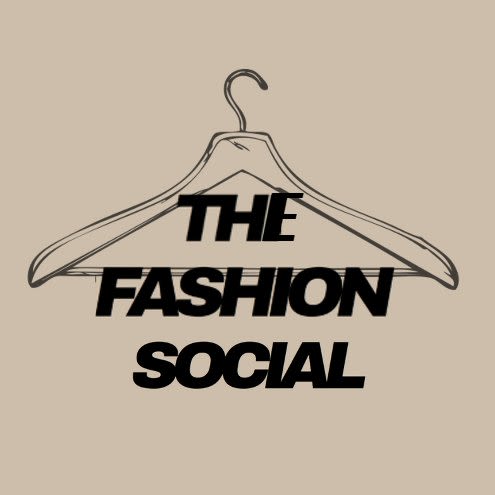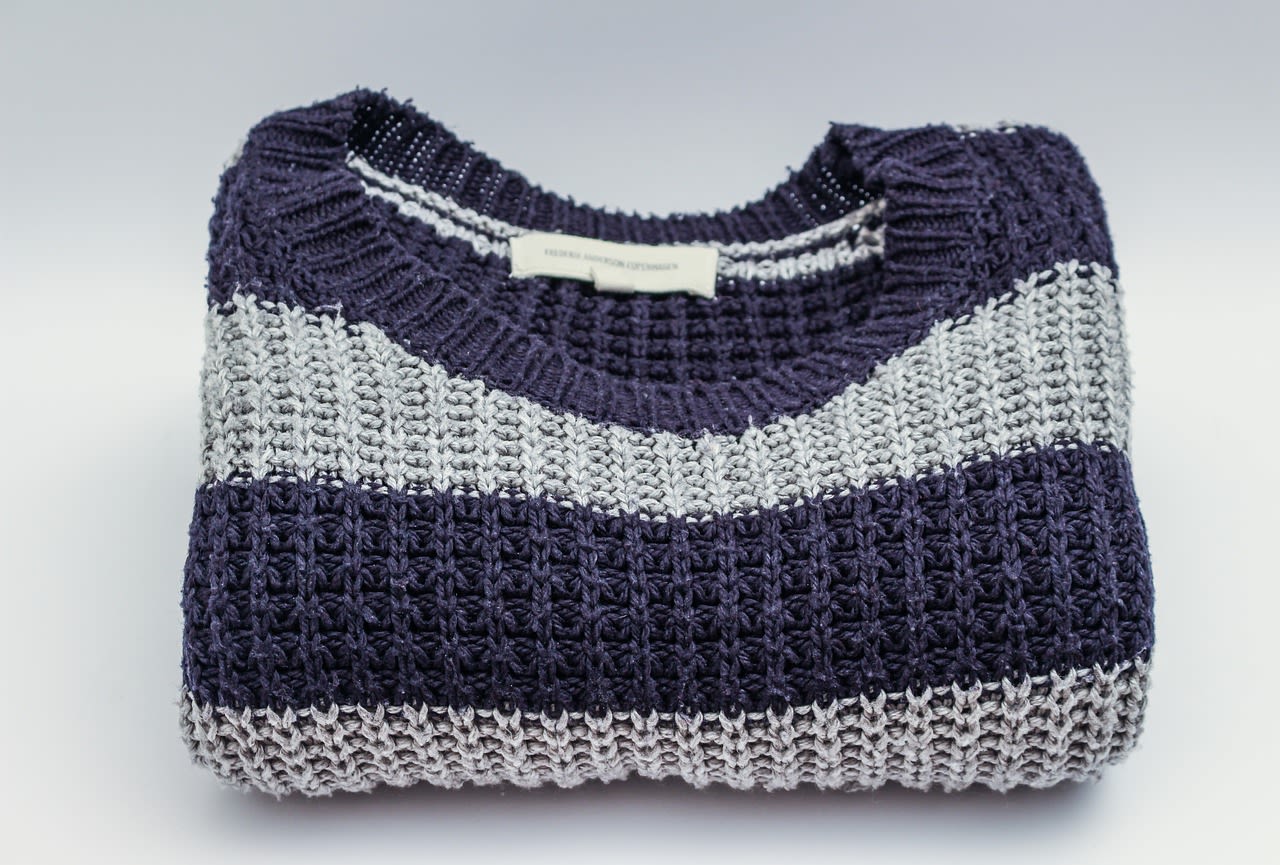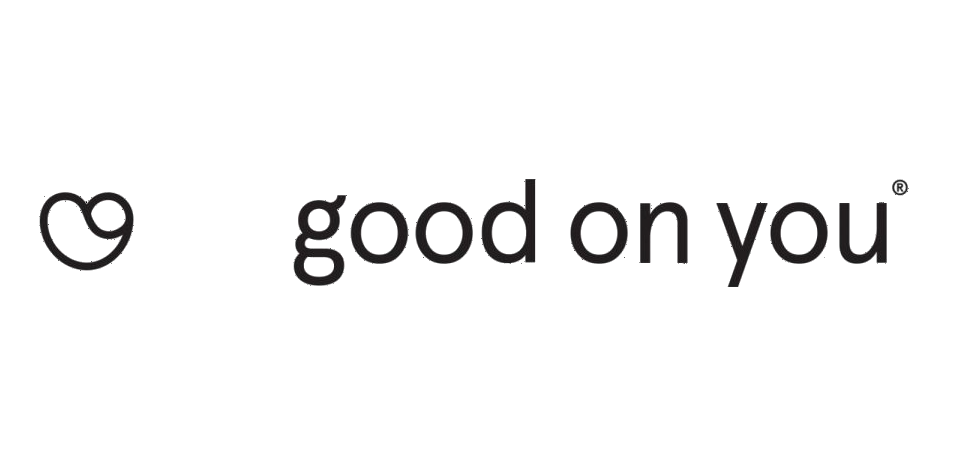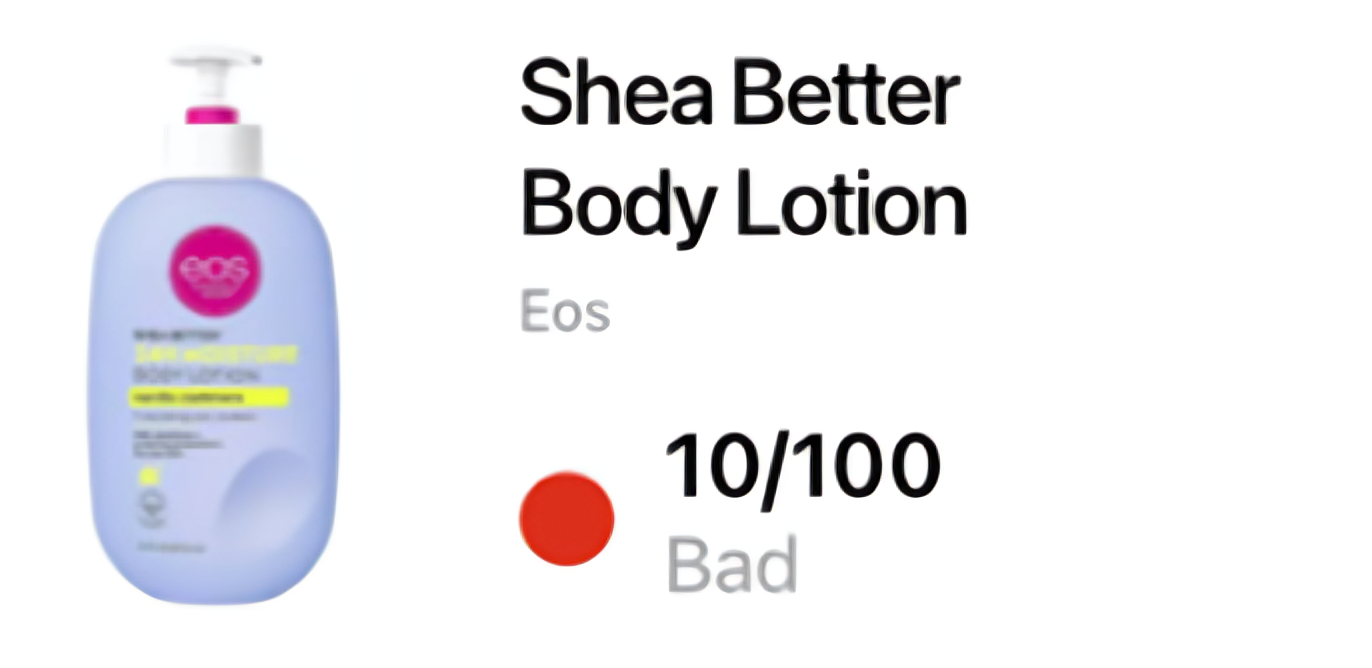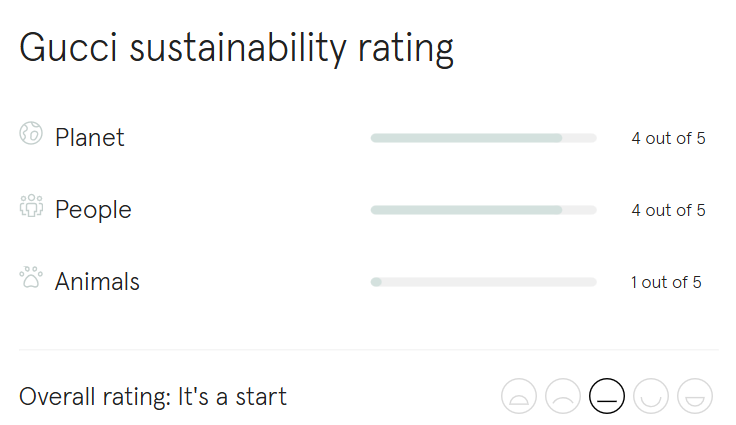Greenwashing in the beauty industry - compared to fashion industry.
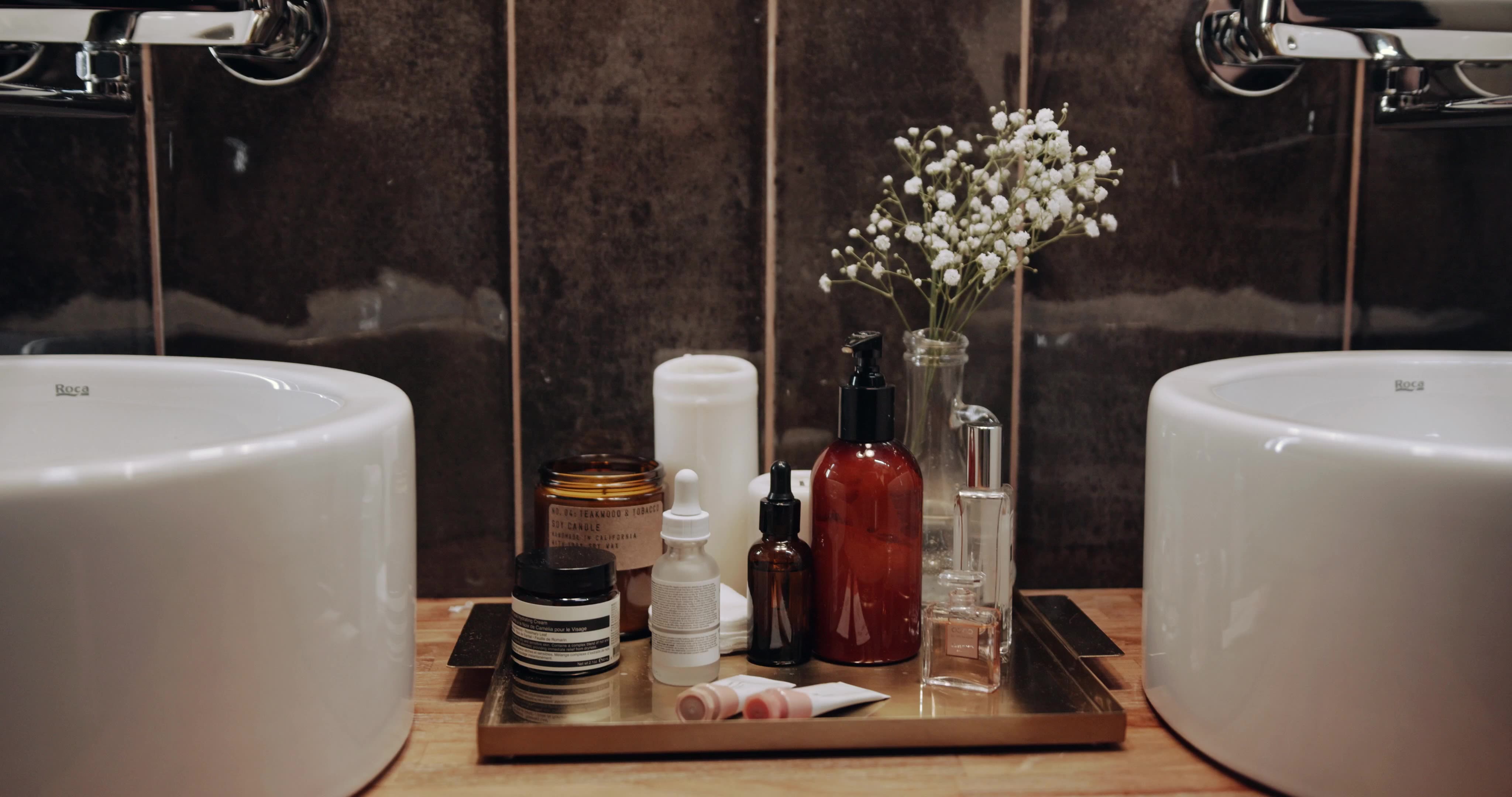
In the beauty industry, there are vague buzzwords used everywhere. Marketing terms such as ‘clean’ and ‘natural’ result in unsubstantiated claims from some beauty brands, leaving consumers in the dark about the meaning of these words.
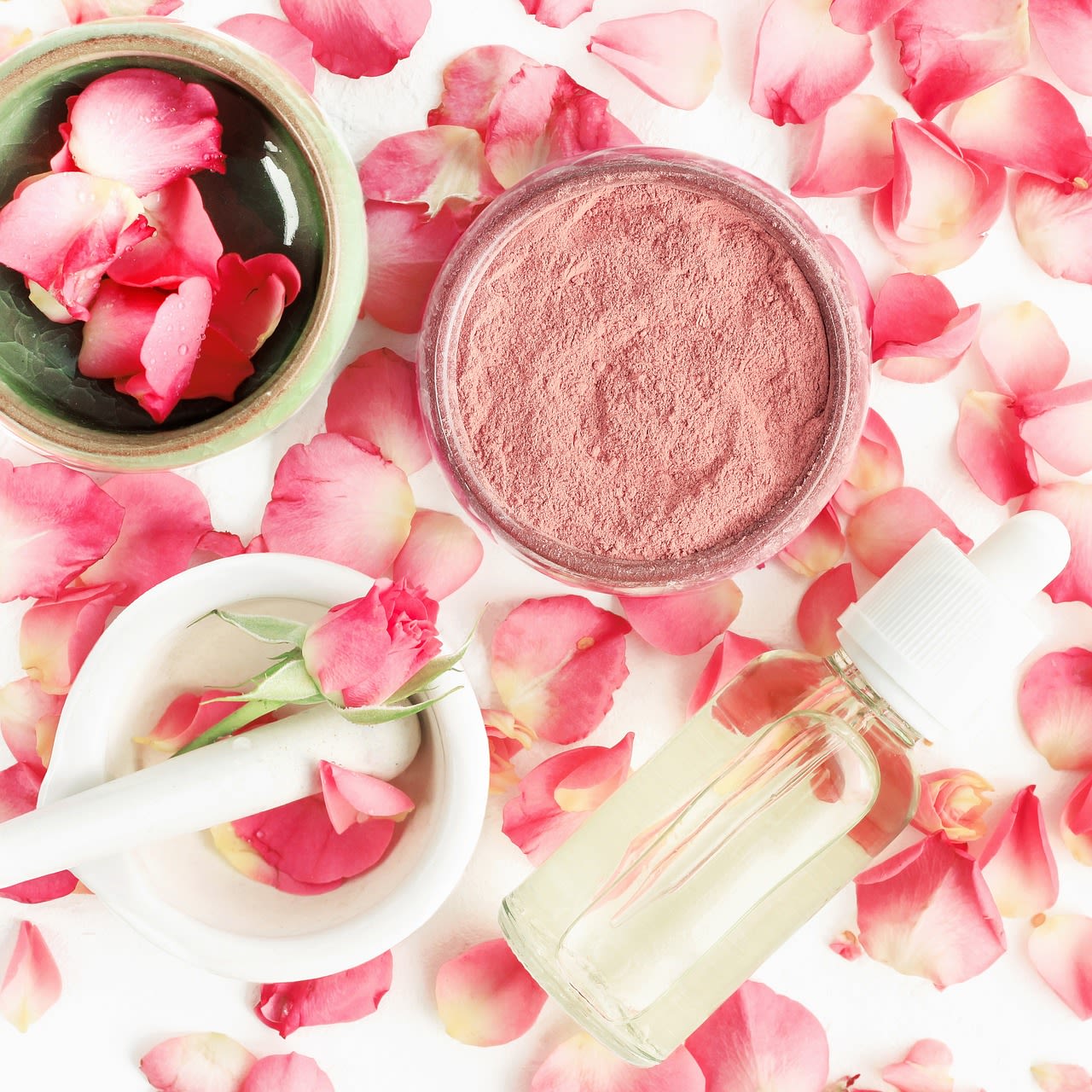
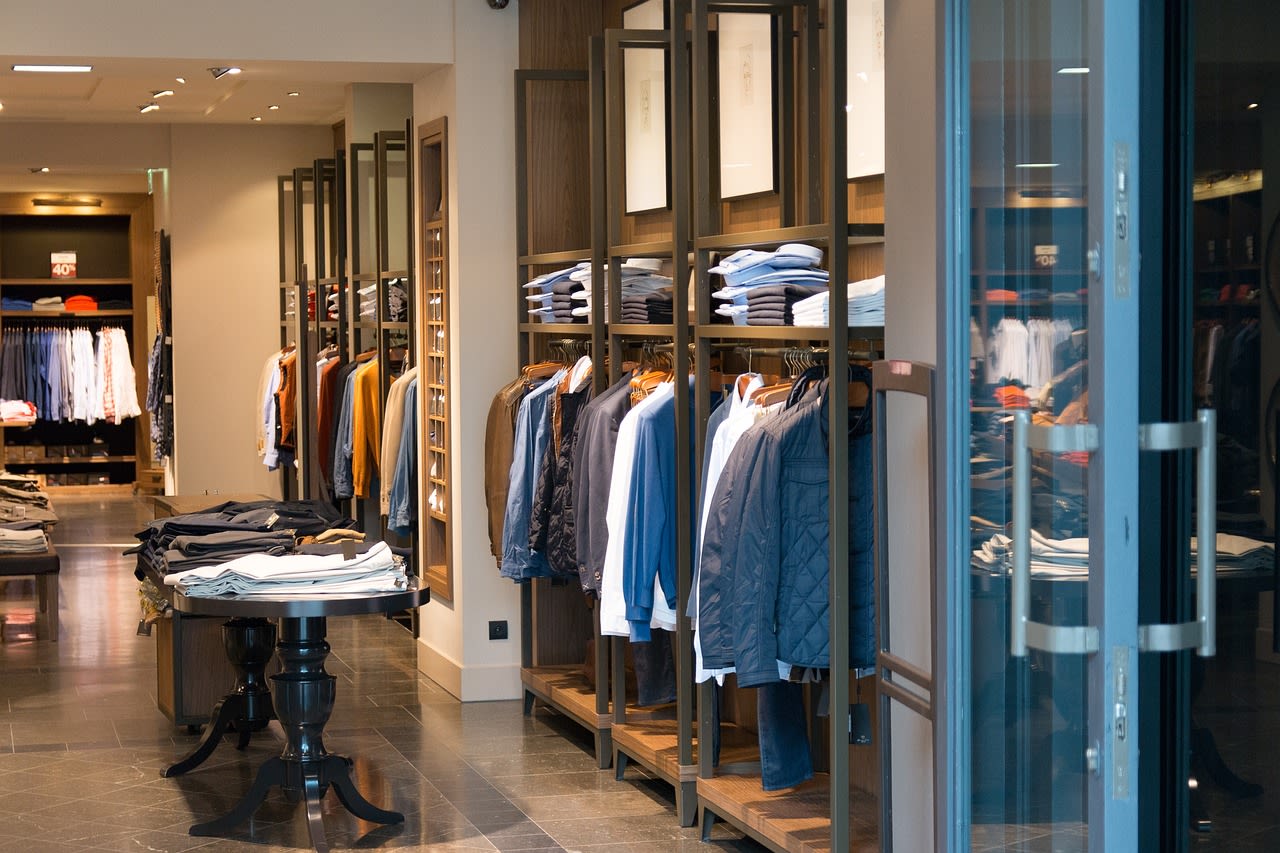
This ambiguity also occurs in most areas of the fashion industry, often termed ‘greenwashing’, this term encompasses business practices such as: ‘meaningless environmental claims, lack of transparency and misleading sustainability claims’, these false claims can result in consumers being tricked into purchasing products due to an inflated perceived influence of a products’ sustainability value.
Quote source: (Alizadeh, Liscio and Sospiro, 2024).
However, there is organisations working to bridge the gap between ambiguous companies and portray a more subjective outlook on these brands, to raise awareness, and help consumers understand using simple to comprehend figures.
How should consumers attempt to avoid greenwashing?
Yuka
Good On You
Image: Lebsack (2024)
Yuka shows a clear and concise breakdown of the compounds in the product that the app has identified, and whether they are harmful or good for you. This can be used in conjunction with other apps to help consumers determine which brand to choose when shopping.
Image: Good On You (2020)
Good On You gives a comprehensive and simple breakdown of the data they have collected, then more detailed findings and justification of these findings follow.
Good On You published a report in October 2024 detailing the company’s analysis of 239 beauty brands, going into detail on 13 of the main issues surrounding the industry. This report held some shocking findings surrounding these buzzwords commonly used in the beauty industry.
"78% of brands have no certification to show they’re not testing on animals, calling into question the industry’s commitment to ethical practices."
Quote source: Willcox and Rodriguez de Cespedes (2024)
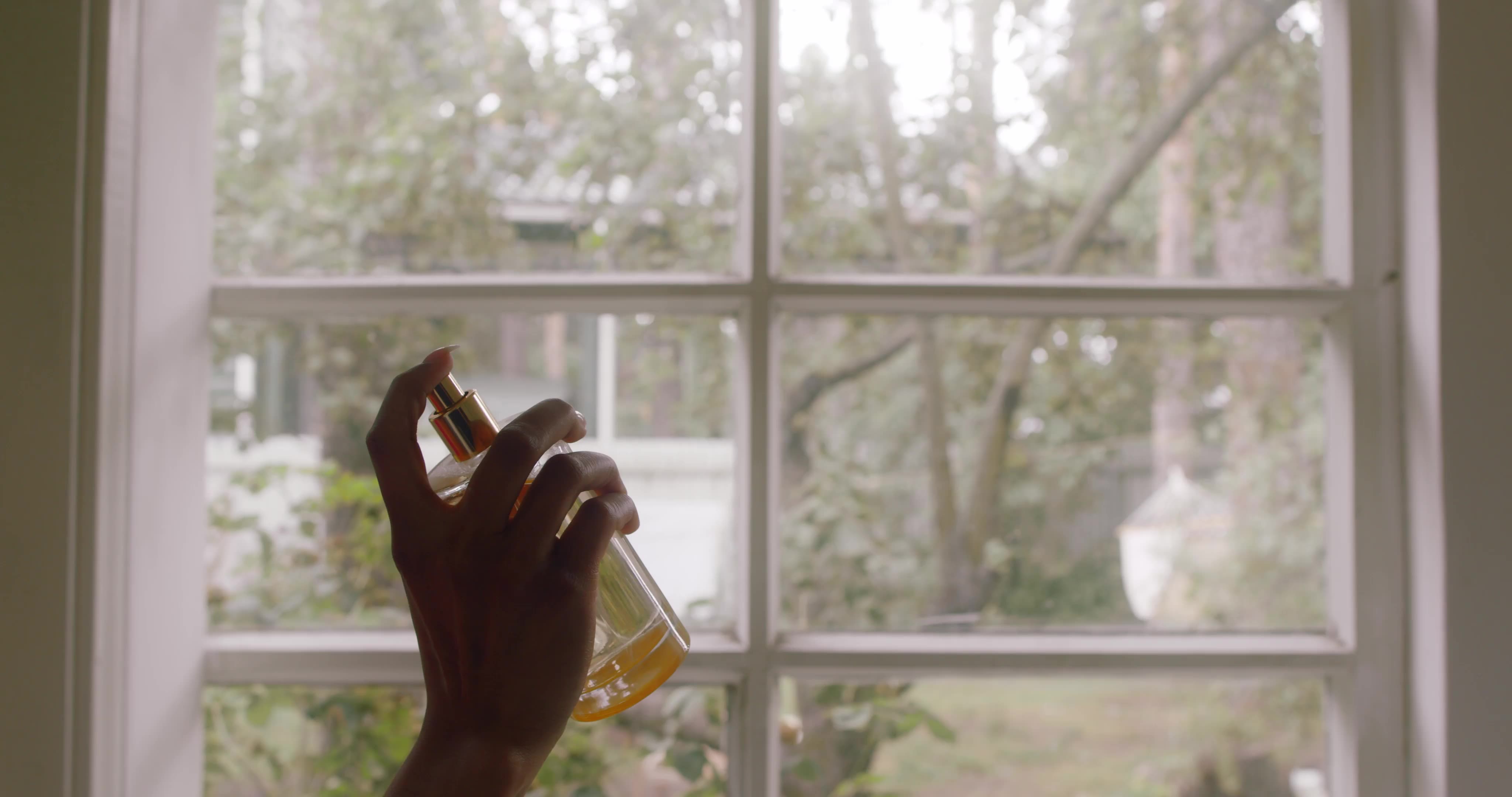
"90% of beauty brands use fragrance ingredients, but 72% do not disclose the exact ingredients they use."
Quote source: Willcox and Rodriguez de Cespedes (2024)
This report by Good On You is the first of it's kind: an industry-wide analysis of the beauty industry, and has uncovered its previously largely overlooked issues, compared to the fashion industry.
This has allowed for these issues that were potentially slipping under-the-radar of consumers, due to insufficient research at the time, to be highlighted. If consumers are better-informed about these issues (as most consumers are in the fashion industry) this will help promote positive change in the beauty industry from what consumers choose to consume, and how businesses choose to operate.
In regards to the issues surrounding the fashion industry, the McKinsey State of Fashion 2024 report is a 128 page report that is written annually. This is a distinct contrast to the little research into the state of the beauty industry, the report goes into detail around the fact that self-regulation of sustainability in the fashion industry may be becoming a thing of the past, as in the EU there was political discussion around 16 pieces of legislation relating to fashion and textiles, which will affect both brands and consumers globally. Namely the EU Green Claims Directive, which will make sustainability-related declarations to be ‘specific, backed by evidence and communicated clearly.’ This will have a positive effect on the problem of greenwashing in the industry.
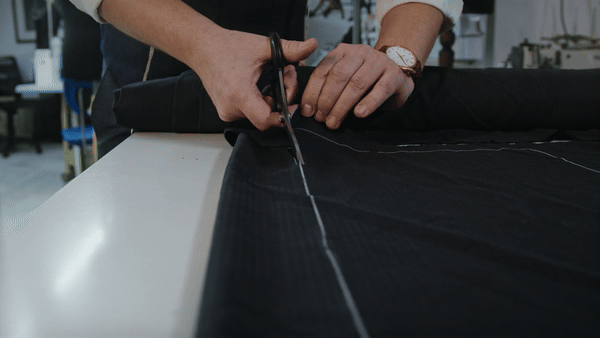
How can consumers choose beauty brands responsibly?
Consumers that wish to be sustainable within the beauty sector should be on the lookout for sustainable beauty packaging (such as mushroom-based packaging), ‘free-from’ claims (as these must be backed by evidence and are tightly regulated) and substantiated ingredient transparency (this allows for a well-informed decision for consumers.
CosmeticsDesign Europe (2024) highlight 6 beauty brands that are particularly innovating surrounding sustainability in the beauty industry right now to help consumers choose sustainably:
· Wild
· Soeder
· Weleda
· Lush
· Beauty Kitchen
· Clarins
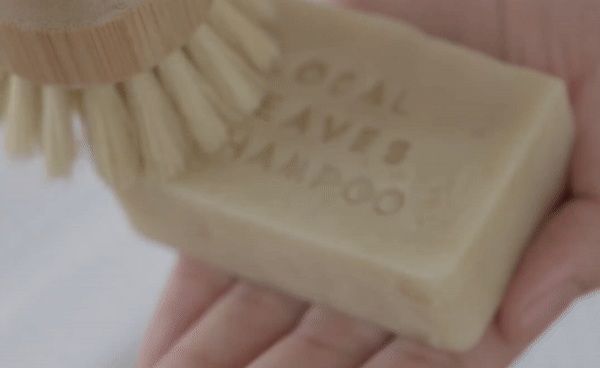
Quote References
- Alizadeh, L., Liscio, M.C. and Sospiro, P. (2024) 'The phenomenon of greenwashing in the fashion industry: A conceptual framework', Sustainable Chemistry and Pharmacy, 37, pp.7–8. Available at: https://doi.org/10.1016/j.scp.2023.101416.
- Willcox , B. and Rodriguez de Cespedes, L. (2024). How Sustainable Is the Beauty Industry? We Rated 239 Brands to Find Out. Available at: https://goodonyou.eco/beauty-sustainability-scorecard/ (Accessed 9 Nov. 2024).
